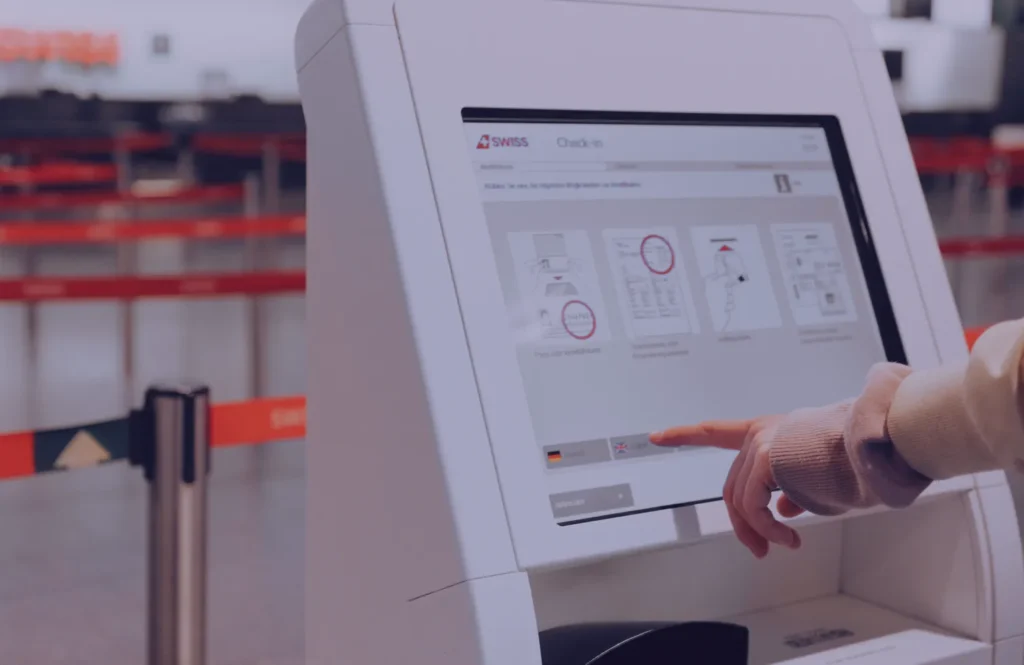How is AI changing the travel industry?
The blog post highlights how recent advancements in Artificial Intelligence (AI) are transforming the travel industry. AI enhances efficiency and personalization through automated check-ins, proactive rebooking, and quick access to information via digital assistants, significantly improving customer service and overall travel experiences.

Artificial Intelligence (AI) is an area of technology that has been researched for decades, but in the past couple of years it has improved so rapidly that most people are now aware of tools such as ChatGPT – a chatbot that now has over 200 million regular users.
AI is generating new opportunities for many different types of business by helping to streamline processes, create more personalized services, and creating better real-time support. In some industries, such as travel, there is a significant opportunity to use AI to improve the customer experience.
Let’s consider just a few of the areas where AI could reshape our experience of travel:
• Operational Efficiency: use automated check-ins, smart luggage tracking, and dynamic pricing models that adjust based on demand so sales are optimized and the airport or hotel experience is smoother.
• Predictive Capabilities: anticipate disruptions like flight delays based on current activity and other information – such as storm alerts. This can enable proactive communication and rebooking. Nobody wants their flight cancelled, but if an airline has to cancel and they automatically rebook you on the next available flight, and then send the new details to your phone then it reduces stress and the need to call for help.
• Recommendations: use knowledge of customer activities and preferences to create tailored travel recommendations, including personalized itineraries, accommodation options, and activities. Cross-selling and upselling feel more like assistance when the customer welcomes the advice and ideas.
• Service: Generative AI allows chatbots to create natural conversation and the bot can be trained on a large library of information. This makes it highly suitable for questions around routes and timetables because the bot can immediately have access to all the information on all services.
This last point is particularly important because the travel industry does utilize a huge amount of information – lists of hotels, travel routes, services, timetables. Think about a customer that is trying to get from Paris to Amsterdam by train. There may be competing rail companies, services at different times of day, different classes of service – the options are endless.
This is why yoummday also uses AI as a support tool for our human talents – the agents answering customer calls and messages. A digital assistant can dig into the data and pull out the required information far quicker than a human reading information from a screen.
When a customer talks to customer service, because they need help with an existing booking, or they have a question before making a new booking, there is no longer a need to keep breaking into the call and saying ‘I’m just putting you on hold while I search for that information.’ The digital assistant will have it right there just as the customer service adviser needs it.
This can dramatically improve the customer experience because the digital assistant enhances the knowledge of the human adviser – it does the searching and filtering much faster than a human can manage.
The travel industry is evolving rapidly and AI is being deployed everywhere from scheduling to customer service. Customer expectations are increasing as they see what is possible – how is your business responding to this?